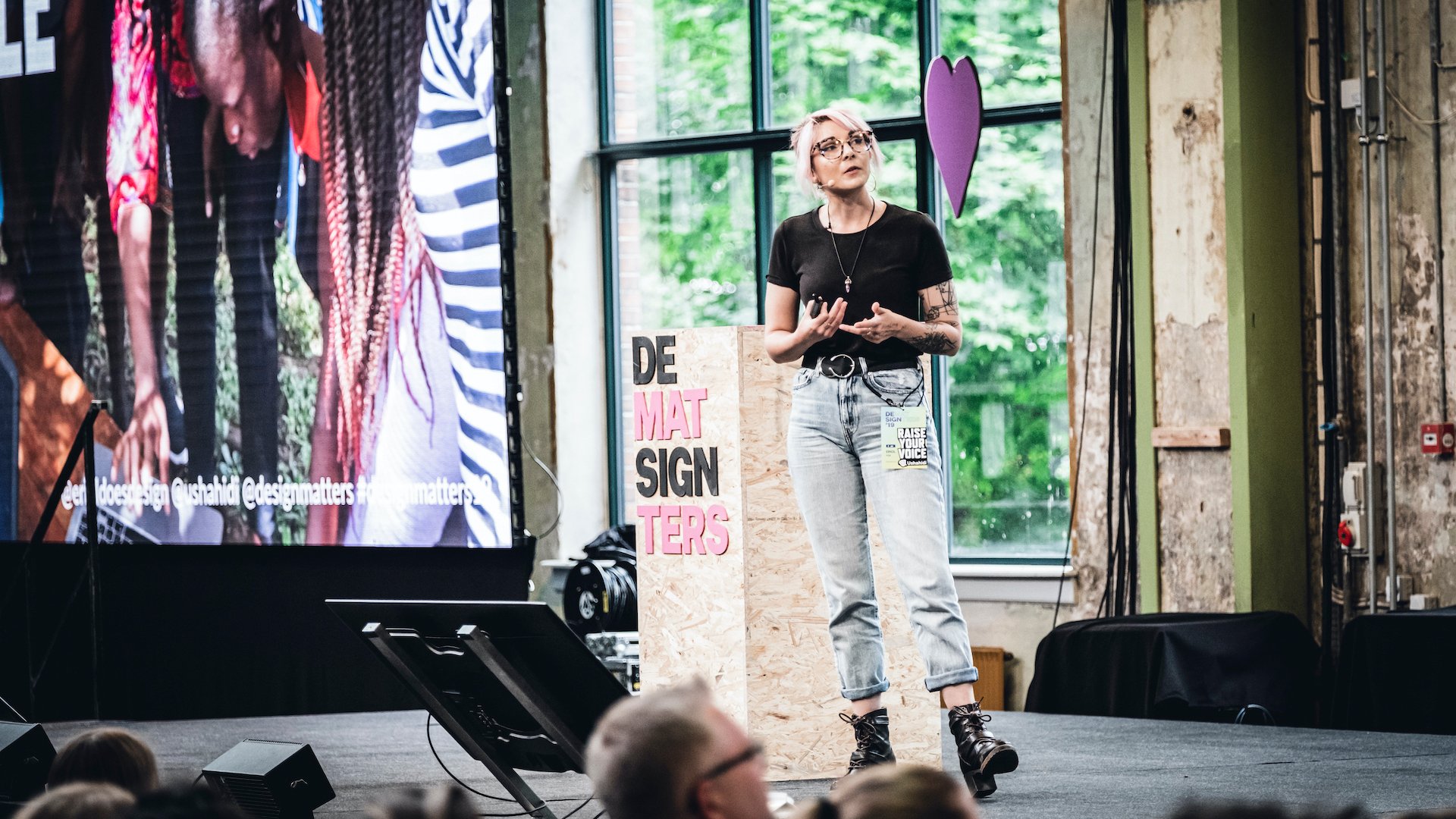If you’re having a tough time hiring right now, take comfort: You’re not alone. Roughly 47 million people quit their jobs in 2021, according to the U.S. Bureau of Labor Statistics. That statistic has kept 42% of founders up at night, worried about whether they’ll be able to fill engineering positions and more on their teams that they need to reach business goals.
Venture capital firm OpenView recently released its 2022 State of Software as a Service (SaaS) Talent Report and the results were sobering.
OpenView surveyed almost 100 participants including executives hiring for their companies and executive candidates that recently joined SaaS businesses, to learn about the current state of the market, the journey to hire, and how to win a candidate.
The report found that businesses with more than $15 million in annual revenue plan to hire the same number of employees in 2021 that they did in 2022. So if a company hired 190 employees in 2021, they plan to hire 190 employees in 2022.
But hiring isn’t exactly easy right now. More than 47 million people left their jobs in 2021. And of those surveyed for OpenView’s report, 67 per cent said they felt behind hiring engineering roles.
Those looking for work also expect higher pay. Of those surveyed for OpenView’s report, 86 per cent said candidates wanted more money. With tough competition for top talent, plus an increasing cost of living, candidates have higher salary expectations than they did before, the report concluded.
And what’s more? It takes twice as long for external recruiters to fill openings than it did a year ago. The longer lead times have also bumped up hiring costs. It costs about 20 per cent more — or $15,000 USD — to hire someone now than it did a year ago.
All that makes it harder for companies to meet key business goals. But when you don’t want to rush a key hire and can’t fill a talent gap, there is another option: outsourcing.
Outsourcing means you have a team of experts at the ready so you can always meet your business goals, even when you can’t hire full-time employees fast enough. You can ramp them up when you need them and turn them down when you don’t. (According to Forbes, at some point, most large companies will outsource at least part of their work.)
Other key findings from the report:
- Remote work is the norm. OpenView’s survey found that the average company expects to be 87 per cent fully or partially remote post-pandemic. Even if remote work isn’t part of your business model, know this: candidates expect this level of flexibility. And it could also be a boon for businesses, increasing their talent pool search in a way that isn’t limited by geography.
- Compensation expectations are up. It’s a job-seeker’s market. The labour shortage means that qualified candidates expect higher salaries — 86 per cent of respondents to OpenView’s survey said as much.
- Time to hire has doubled. If you’re relying on an external recruiter to fill open roles on your team, expect it to take twice as long as it did a year ago. OpenView said what was once a 70-day process is now 140-days long.
Can’t wait that long to fill open roles? Outsourcing with a custom product design and software consultancy like Zeitspace is an option. At Zeitspace, we start delivering value to our clients within a week of kicking off a project. Have a project that needs immediate attention? Reach out and let us know how we can help.





